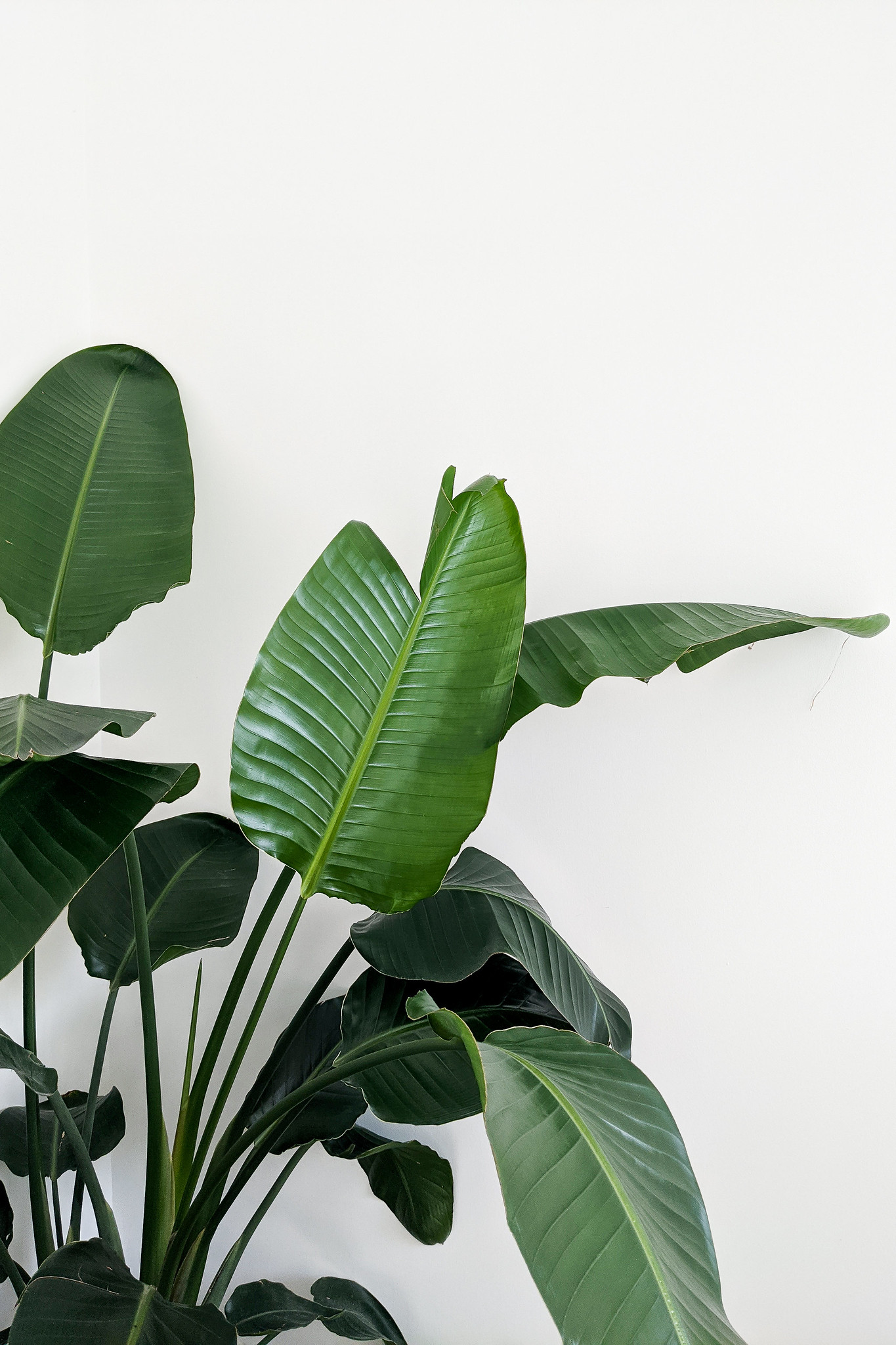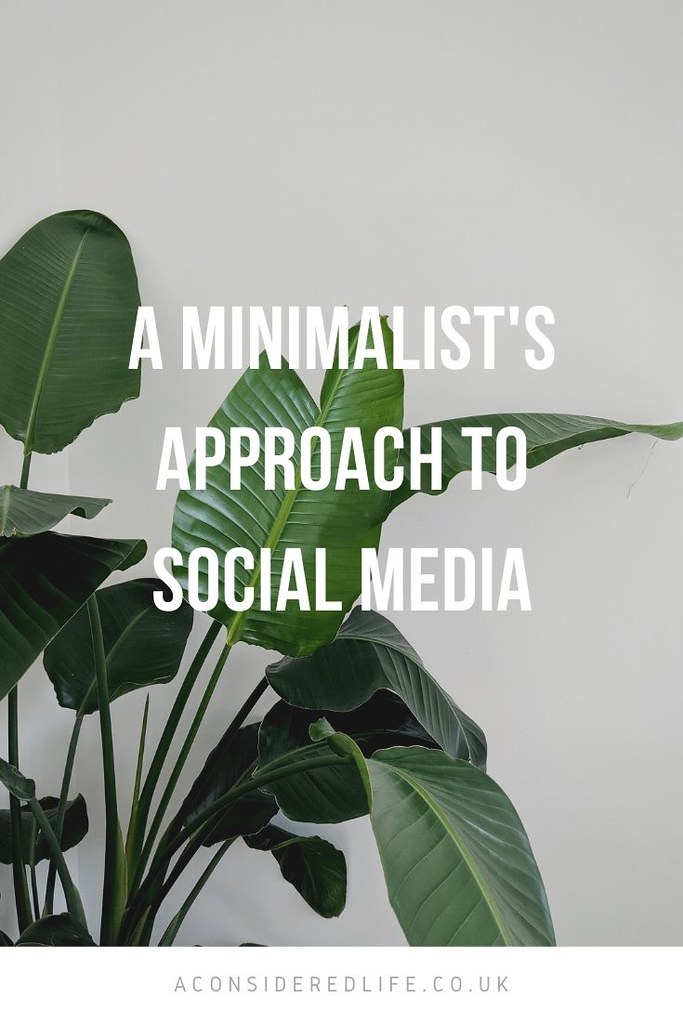
We've become so heavily reliant on social media that's it's now an accepted part of daily life. Scrolling our feeds first thing in the morning, updating our status, scrolling through news, commenting our opinions, answering our DMs. It's so entrenched in our lives that we often find ourselves opening social apps without even thinking about it.
Life online isn't the same as life offline. Social media is a great way to stay connected but the whirlwind of opinions and the pressure to share can become overwhelming until it all starts to feel quite performative. For a while I've felt quite negatively about social media, and watching The Social Dilemma confirmed how I felt.
Deleting all social media might be an option for some of us but not for me. So I've been working on being more intentional with the time I spend online by stepping away from the screen more often and asking myself one simple question: "What am I looking for here?"
Turn Off Notifications
I keep my phone on silent and it's been that way for years. I miss a few calls here and there, and occasionally a few text messages but it's never anything important. I can't think of a single reason why I'd need any sort of notification from any social media account. Turning my notifications off has been the most effective way I've managed to reduce the time I spend on my phone. You can adjust your phone settings to only allow important phone calls and messages to chime in.
We have a tendency to check notifications as soon as we hear the buzz or vibration of our phones. Checking these notifications takes very little time but they trigger mind wandering thoughts. Even if we don't react to those notifications, it still distracts us enough to disrupt our concentration. I'm sure we've all experienced someone checking their phone mid-conversation and losing all track of what was being said. Don't be that person.
Set Intentions
A huge problem with social media is it distracts us, all day long. We often don't know what we're looking for when we're using it, and that's a problem. My rule is: if I'm opening a social media app, I need to have a purpose for being there. I must fully engage with the content I'm viewing by actively liking and commenting on posts - not just scrolling. A good first step is getting rid of the social accounts you don't enjoy using and only keep the ones you gain value from.
I deleted Facebook years ago and have slowly stopped using Twitter. I use Reddit and Pinterest the most intentionally, leaving Instagram as my biggest distraction. It's also the one I enjoy the least but rely on the most for work so deleting isn't an option. I've been using a screen time tracker to limit my usage and foster a healthier relationship with my phone. It stops me from scrolling through social media mindlessly, and encourages me to do something more fun instead.
Stop Doomscrolling (and Hate Following)
Doomscrolling is the habit of compulsively scrolling through bad news, even though it makes us sad, enraged, or anxious. Sometimes we do it specifically to fire us up, like scratching an itch that never goes away. We're looking for answers to our concerns but we're met with even more bad news. It's what keeps us trapped in a cycle of checking, scrolling, reading, and feeling worse.
I don't read or watch 'the news' and I don't trust social media to present information accurately. Important world events and issues can't be summed up adequately in the short form reporting of televised bulletins, tabloid articles, news roundups, 10 minute radio segments, or social media infographics. We need to start reading past the headline and stop relying on social media accounts to form an opinion.
Mute, Unfollow, Block
You're allowed to set boundaries about who you let into your space online. You don't owe anyone your time or energy to anyone, especially not strangers on the internet. Unfollowing seems to have become a faux pas on social media, something that you might even be called out for. But if you're not connecting with what someone shares and you're not engaging with their content, you're free to unfollow or block. We need to be careful about who we 'follow.'
I don't think social media is a good place to learn about complex issues. Time sensitive content and word limits erase the space and patience that's necessary for us to have nuanced conversations that long-form content can offer. The reliance of keyboard crusaders with a high follower count to give well-informed advice or opinions is risky. Social spaces are rarely good places to tackle complicated or sensitive issues in an insightful way. Our time and energy is limited; letting go of destructive people is the only way to make room for constructive ideas.

